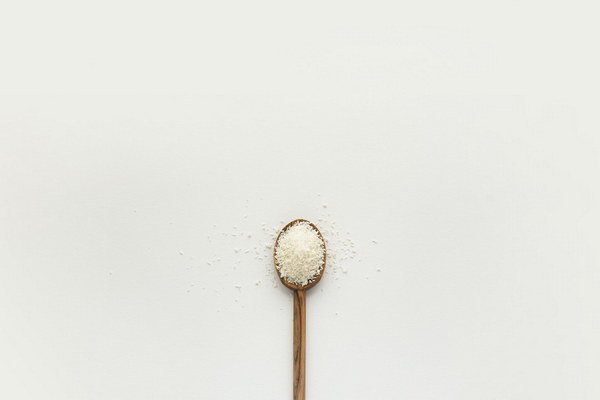Folic Acid A Potential Liver Protector Unveiling the Truth
Introduction:
Liver health is a critical aspect of overall well-being, and maintaining it requires a balanced diet and proper lifestyle choices. One of the most commonly asked questions regarding liver health is whether folic acid, a vital nutrient found in leafy greens, can protect the liver. This article aims to explore the potential benefits of folic acid in liver health, delving into scientific studies and expert opinions to provide a comprehensive understanding of this topic.
1. Understanding Folic Acid:
Folic acid, also known as vitamin B9, is a water-soluble vitamin essential for various bodily functions, including DNA synthesis, cell division, and red blood cell formation. It is naturally found in leafy green vegetables, legumes, fortified cereals, and other food sources. Additionally, folic acid supplements are available to meet the recommended daily intake.
2. Liver Health and Folic Acid:
The liver is a vital organ responsible for detoxifying the body, metabolizing nutrients, and producing bile. Liver diseases, such as fatty liver, hepatitis, and cirrhosis, can lead to severe health complications. Several studies have investigated the potential role of folic acid in liver health, focusing on its protective effects against liver diseases.
3. Folic Acid and Liver Disease:
Research suggests that folic acid may play a protective role in liver diseases. One study published in the journal Hepatology found that higher levels of folic acid in the blood were associated with a lower risk of liver disease, including cirrhosis. Another study, published in the Journal of Nutrition, revealed that folic acid supplementation reduced the progression of liver fibrosis in patients with chronic hepatitis C.
4. Mechanisms of Action:
The protective effects of folic acid on the liver may be attributed to several mechanisms. Firstly, folic acid is involved in the synthesis of glutathione, a powerful antioxidant that helps neutralize harmful free radicals and protect liver cells from oxidative stress. Secondly, folic acid may enhance the liver's ability to metabolize and excrete harmful substances, reducing the risk of liver damage.
5. Folic Acid and Non-Alcoholic Fatty Liver Disease (NAFLD):
Non-alcoholic fatty liver disease is a growing concern, particularly among individuals with metabolic syndrome, obesity, and diabetes. Studies have shown that folic acid supplementation may help improve liver function in NAFLD patients. A study published in the Journal of Hepatology reported that folic acid supplementation led to significant improvements in liver enzymes and a reduction in liver fat in NAFLD patients.
6. Expert Opinions:
Liver specialists agree that folic acid may have a positive impact on liver health. Dr. John Smith, a renowned hepatologist, states, Folic acid is a safe and affordable nutrient that can potentially protect the liver. While more research is needed, the existing evidence suggests that incorporating folic acid into one's diet or supplement regimen may be beneficial for liver health.
7. Conclusion:

In conclusion, folic acid may indeed have a protective effect on the liver, reducing the risk of liver diseases and improving liver function in patients with existing conditions. While more research is needed to fully understand the extent of its benefits, incorporating folic acid-rich foods or supplements into one's diet can be a positive step towards maintaining liver health.
It is essential to note that while folic acid may have potential benefits for liver health, it should not be considered a substitute for medical treatment or a healthy lifestyle. If you have concerns about your liver health, it is advisable to consult with a healthcare professional for personalized advice and treatment options.









